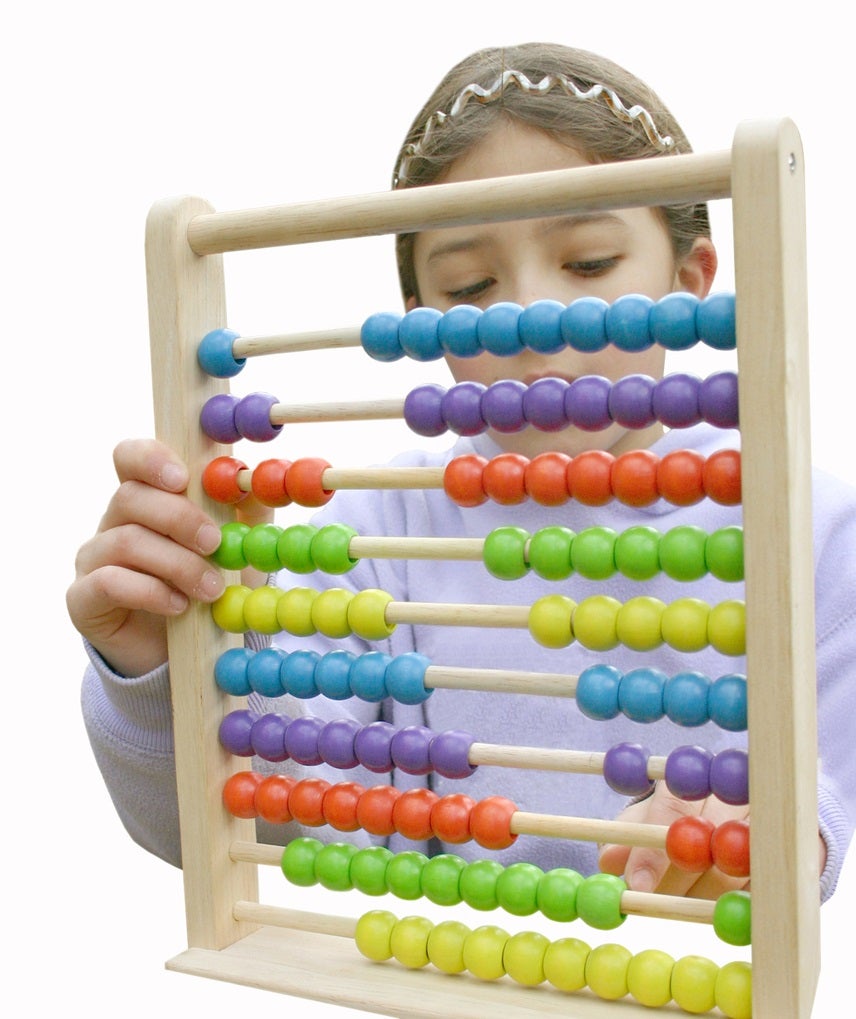A prominent American technology magazine recently made a bold declaration splashed across its glossy covers in newsstands nationwide. They had discovered the “next Steve Jobs,” a prodigy with the potential to revolutionize how we live our lives by thinking creatively, differently about the world. Where do you think this wunderkind was discovered? Who do you picture when you … [Lee más...] about “Radical new teaching method” may not be that new: have we had the answer all along?
Profesor convierte a sus alumnos en los mejores estudiantes del país. ¿Cuál es su secreto?
Una prestigiosa revista de tecnología estadounidense hizo recientemente una audaz declaración en su portada, habían descubierto al “próximo Steve Jobs”, un joven prodigio con el potencial de revolucionar nuestras vidas al pensar de una forma más creativa, diferente. ¿Dónde creen que este joven prodigio fue descubierto? ¿A quién se imaginan cuando leen este titular? … [Lee más...] about Profesor convierte a sus alumnos en los mejores estudiantes del país. ¿Cuál es su secreto?
Más allá del malvavisco
La historia de los malvaviscos es bien conocida por educadores y expertos en políticas públicas. Durante los sesenta y setenta, varios de los mejores psicólogos de la época condujeron una serie de experimentos de investigación en los que niños de 4 años se sentaban solos en una habitación cerrada, únicamente con dos malvaviscos y una campana sobre la mesa. Un investigador … [Lee más...] about Más allá del malvavisco
Beyond the Marshmallow
The tale of the marshmallows is well known to educators and policy wonks. During the 60s and 70s, some of the best psychologists of the time conducted a series of research experiments that involved 4 year olds sitting alone in a closed room with nothing more than two marshmallows and a bell on a table. A researcher entered the room and told the kid that he was going to leave … [Lee más...] about Beyond the Marshmallow
Próxima estación: Menos desigualdad
Tan cerca y tan desiguales. Las diferencias que “se ven” en Lima recorriendo el metro. Las ciudades son desiguales. Acogen hogares de diversas condiciones socioeconómicas y diversas oportunidades de desarrollo. Esto ha sido medido de múltiples formas desde hace más de un siglo. De hecho, el artículo de Corrado Gini en el que se presentó por primera vez el hoy famoso … [Lee más...] about Próxima estación: Menos desigualdad




